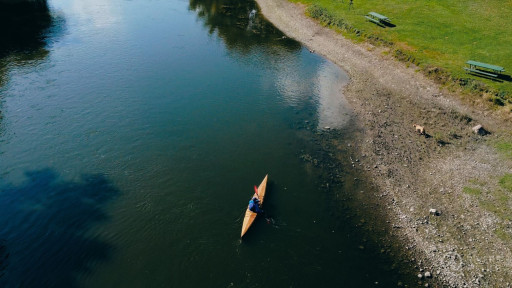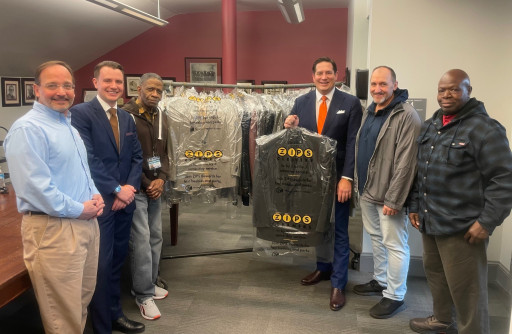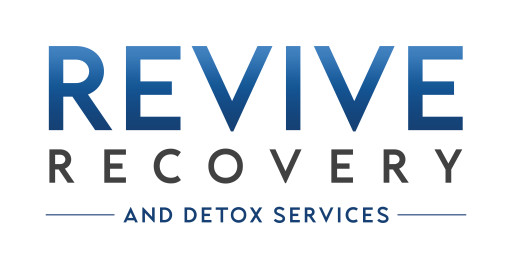
86% of respondents agree that river pollution greatly affects human health, but more than half (57%) have little to no knowledge about how to clean it up.
MIDLAND, Mich., December 12, 2023 (Newswire.com)
–
Today, Rivers are Life, a collective voice for global river ecosystems, reveals the multinational, multicultural, and cross-generational results for the “State of Rivers Around the World” survey. The global survey gathered insights from 6,645 people throughout 14 countries and four continents, including North America, South America, Europe, and Southeast Asia.
These results show that, despite regional and cultural differences, people around the world agree that climate health and rivers are inseparable and vitally important. 91% of people around the world believe that climate change needs to be acted on in 2024, and nine in ten report that rivers are important to climate change mitigation. Moreover, 80% globally agree that rivers have an impact on their lives.
Despite 81% of people considering rivers to be a vital part of the food system – and 94% agreeing that rivers are important to agriculture – the majority of people around the world would not eat a fish out of their local river.
“What’s most shocking about this data is that we found something that more than 90 percent of the world agrees on: climate change needs to be addressed, and rivers play a vital role in mitigating those issues,” said Katie Horning, BeAlive, Head of Rivers are Life Brand. “Despite that alignment, there are still gaps in knowledge about rivers, and how people can take action to make a difference.”
Greater Education Is Needed
Across findings, respondents agreed that there is a need for greater education around the environment, river systems and how they can help. 98% of people around the world would like to know more about environmental issues.
Importantly, 74% of participants believe more public awareness will improve the health of rivers, and 63% say lack of attention to the issue is a major obstacle to reducing water pollution.
“Education is a key component to addressing issues like river pollution, and we at LSU contribute both academic expertise and on-the-ground support to Rivers are Life,” said Clint Willson, Interim Dean of LSU’s College of the Coast & Environment and Director of the LSU Center for River Studies. The Center for River Studies is an academic partner to Rivers are Life. “LSU’s commitment to this research signifies the importance of educating and encouraging younger generations globally to advocate for the vitality of waterways.”
Around the world, and across generations, there are a few key differentiators about what individuals want to learn and how they take action:
- People in South America and Asia (69%) are twice as likely to be interested in learning about environmental issues facing rivers than those in North America and Europe (30%).
- Globally, Gen Z (56%) and Millennials (57%) are much more interested in learning about environmental issues than the Baby Boomers (33%).
- Limiting pollution in rivers is a higher concern for people in South America and Asia (80%) when compared to North America and Europe (68%).
- When asked to rank who was most responsible for polluting rivers, people in Asia (42%) and those in South America (36%) felt that individuals were most at fault, while those in North America (41%) and Europe (42%) were most likely to select corporations.
- In terms of taking action, 75% of individuals from Asia have helped to clean their local river, compared to only 46% in South America, 27% in North America and just 18% in Europe.
And More Urgent Action Is Required
While most survey respondents agree that some action is required, the findings show differing responses when it comes to how this problem is addressed:
- 76% believe that human behavior is the biggest obstacle to reducing water pollution;
- 50% believe no one is protecting their local rivers;
- With only 10% of participants strongly agreeing that their countries’ leaders care about the health of rivers;
- 72% of people around the world would like stricter policies or more regulation to curb river pollution;
- 88% believe there should be stronger legislation to prevent sewage drainage into rivers;
- And 57% have little to no personal knowledge on how to clean up their local rivers
Despite these concerns, respondents shared a sense of hopefulness, and willingness to help, when it comes to cleaning these vital waterways. Fifty-nine percent of people around the world are planning to take action to help clean their rivers in 2024, they just need help getting started.
Rivers are Life is the ideal platform that can provide education and solutions for those looking to get involved in addressing the issue and protecting our rivers. It aims to inspire people to protect, preserve, and explore our world’s rivers.
Visit RiversareLife.com to subscribe to their e-newsletter, hear from River Heroes impacting community-based change around the world, and follow on social media to learn more. For full survey results, visit www.RiversareLife.com/State-of-rivers-around-the-world.
METHODOLOGY:
Conducted by SAVANTA, a market research consultancy. Dates of fielding: October 3, 2023, to October 18, 2023. This survey was conducted in: U.S., Europe (UK, Germany, France, Italy, and Spain), South America (Brazil, Colombia, Argentina, and Peru), and Southeast Asia (Indonesia, Philippines, Vietnam, and Thailand).
The sample populations were: U.S. (n=1,590), Europe (n=1,925), South America (n=1,487), and SE Asia (n=1,643). The survey was in an online format and was conducted in English, German, Spanish, French, Portuguese (BR), Italian, Tagalog, Vietnamese, Thai, and Indonesian.
Contact Information:
Katie Horning
Head of Brand, Rivers are Life Brand Division, BeAlive Inc.
[email protected]
989-491-1019
Original Source:
Rivers are Life Unveils Global Results of Inaugural ‘State of Rivers Around the World’ Survey

The post Rivers are Life Unveils Global Results of Inaugural ‘State of Rivers Around the World’ Survey first appeared on RSVTV news.










